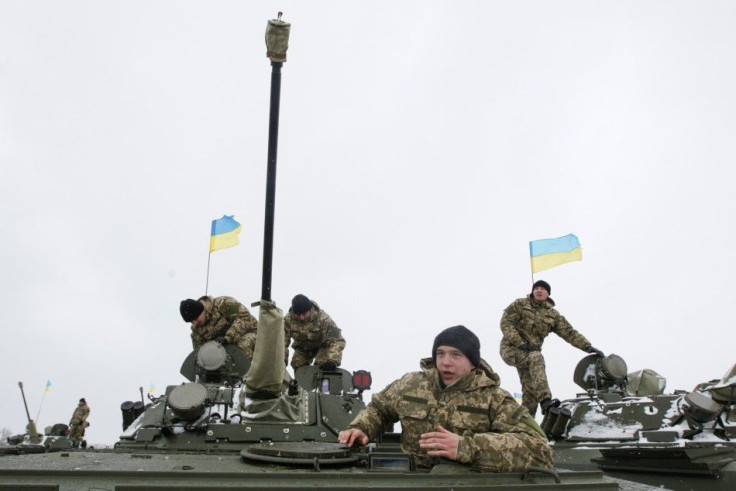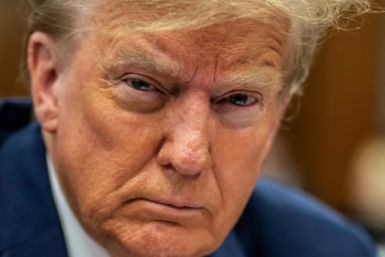NATO’s Stoltenberg Says Situation In Ukraine Improving, But Still Unstable

The situation in Ukraine seems to be improving, NATO Secretary General Jens Stoltenberg has said, noting the reduced fighting between Kiev's forces and pro-Russian rebels. However, he remains worried of the overall stability of the area.
Stoltenberg said on Monday that the bloc had observed fewer clashes recently in eastern Ukraine, although there still remains the Russian military personnel that support the separatists. But "the humanitarian conditions in the region still remain very worrying," he said.
But Private Yury Trush, who has been stationed in Debaltsevo since September, told The Independent the claims were hardly true. He said the situation in Ukraine was only "relatively calmer" during the three weeks in late December. But everything perked up on New Year's Day. Mortar shelling, rockets and heavier artillery were again felt and seen in the region. "The politicians might call it whatever they want, but what is said in Kiev and what is happening on the ground are two very different things," Trush said.
The Independent said that from Sunday night to Monday morning alone, 63 separate attacks on their positions have been recorded by Ukrainian military authorities. Regions adjacent to rebel-held Gorlovka and Yenakievo to the south-west are likewise experiencing heavy shelling.
Ukrainian forces in Debaltsevo, according to military press officer Pavel Parfenyuk, have brace themselves for any eventuality. "Everybody understands that it's better to be prepared than to look for reasons later - we are ready for an all-out war, we are ready to attack and we are ready to defend," he was quoted by The Independent.
Leaders from Germany, France, Russia and Ukraine met on Monday in Berlin to discuss the progress on the Minsk peace plan. Kiev and Moscow both blame each other for the failed implementation of the agreement. The result was a conflict that had killed over 4,700 people since mid-April. Ukrainian President Petro Poroshenko targets to have a presidential summit of the four countries, with the end goal of forging a peace document with Russia. German Chancellor Angela Merkel, however, told both Ukraine and Russia that the peace summit is a futile exercise if both parties continue to defy the truce.






